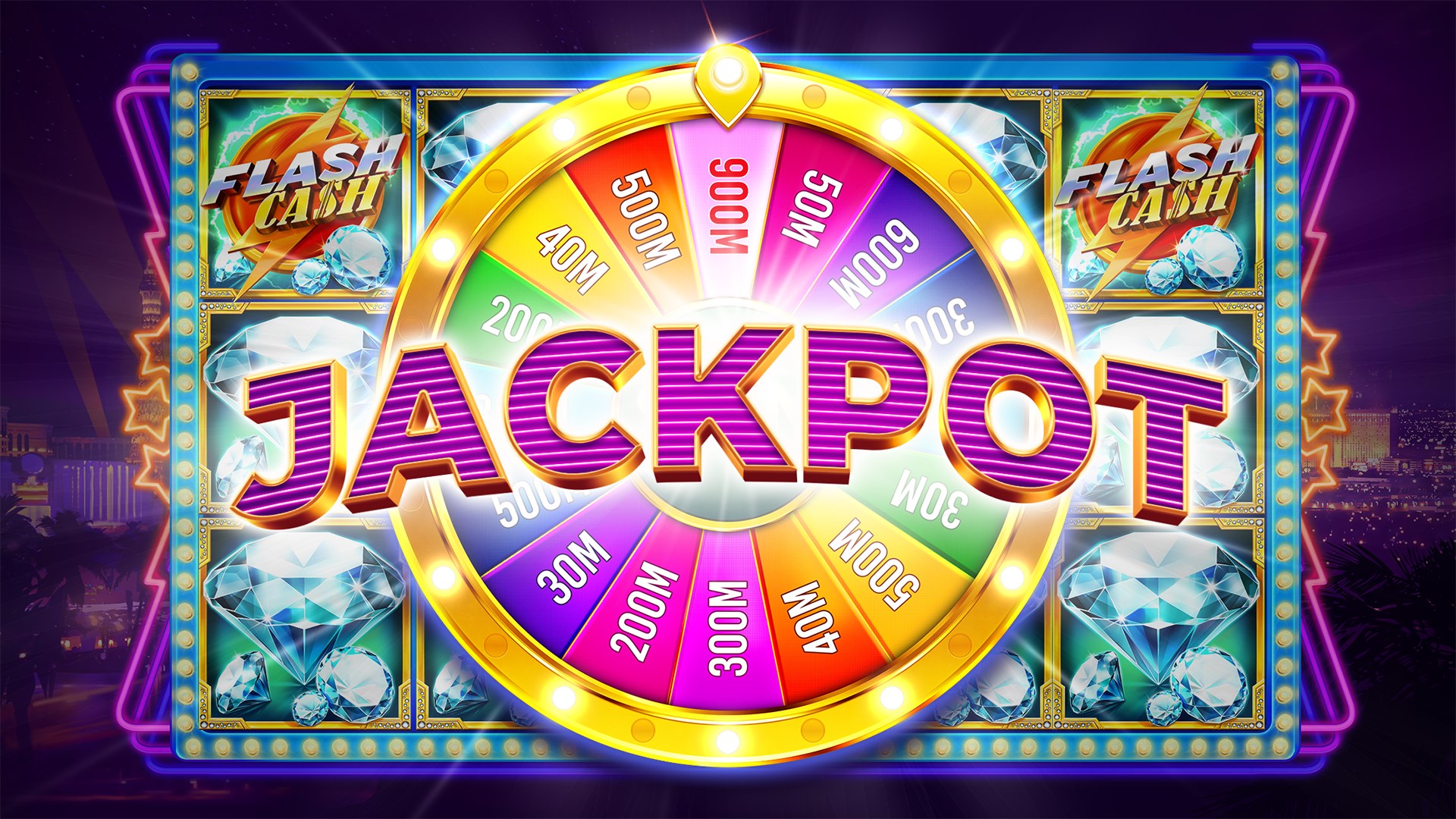Casino games have fascinated players for decades, pulling them into a world of thrill, fortune, and fortune. From the flashing lights of video slots to the intense intensity of poker tables, these activities offer a distinct blend of amusement and risk. However, beneath the shiny exterior of this glamour and glamour lies a intricate relationship of calculations that shapes every outcome and action made within the casino.
Comprehending this connection between gambling games and numerical principles merely enhances the player’s journey but may also help participants make informed decisions. Whether you are a casual player or a passionate enthusiast, recognizing the math concepts at play can provide valuable understandings into probability, ratios, and strategies, eventually influencing how one approaches these games of chance.
Statistical Probability in Gambling
In the world of casino games, statistical likelihood plays a vital role in determining results and informing gambler choices. Every activity has a unique set of regulations and a particular probability model that influences its dynamics. For example, in games like the roulette wheel, players must comprehend the chances of hitting a certain digit or color. The probability of specific occurrences occurring can be assessed, and this knowledge can substantially affect wagering tactics.
Gambers also need to be informed of the house edge, which is the mathematical benefit that casinos hold over players in the long term. This edge varies across different activities. In 21, expert players can use strategies to lower the casino edge to as low as 1 percent, while in activities like slots, the house advantage can be much higher. Understanding the casino advantage allows players to make wise decisions about which games to play and how much to bet.
Furthermore, likelihood is fundamental in the principle of risk versus reward in betting. Every wager carries a specific danger factor, and players must evaluate the potential payout against that danger. Games like the poker game require players to not only assess the odds of their own showing winning but also to assess the likelihoods of their rivals’ showings. By utilizing statistical concepts to their gameplay, gamblers can improve their odds of success and participate more strategically in the thrilling world of gambling activities.
Expected Value in Gambling Games
When talking about casino activities, one of the basic ideas rooted in math is the anticipated worth. This statistical measure assists gamblers understand the possible outcomes of their wagers over time. In basic terms, expected worth (EV) determines the average amount a player can expect to gain or lose per bet if they were to play the activity many times. Each activity has its unique EV, influenced by the probabilities and the house edge, which signifies the advantage that the casino holds.
For example, think of a game like the roulette game. The expected worth can be derived based on the specific wager placed. https://88clbbb.com/ If a player bets on a single number, the payout is 35 to 1, but the true chances of winning that wager are 1 in 37 (in European the roulette game). This leads in a negative anticipated worth, indicating that, on the whole, players will lose money over time when playing this kind of wager. Grasping this idea allows players to make better educated decisions about which activities and bets may be less advantageous.
Moreover, the investigation of anticipated value can lead to improved money management. Gamblers who understand the math behind their games are often able to set realistic goals. By acknowledging their possible deficits and gains, they can modify their playing strategies appropriately, which may improve their overall gambling experience overall. NẠP TIỀN 88CLB As a result, anticipated worth serves as a critical resource for both beginner and experienced players to navigate the often volatile nature of casino games.
Tactics and Probabilities: The Arithmetic Behind Winning
In gambling games, comprehending the probabilities is crucial for players attempting to enhance their likelihood of success. Each contest has its own specific set of odds that dictate successful results, and these numbers are often found in the game’s regulations or payout tables. For instance, in activities like 21, participants can enhance their probabilities through methods such as card counting, which is based on arithmetic concepts to gain an upper hand over the house. By educating themselves with the probabilities, gamblers can make more informed determinations on when to place bets and when to quit.
Moreover, the idea of expected value has a significant function in gaming tactics. Average outcome calculates the mean outcome of a bet over a period, allowing gamblers to evaluate whether a particular stake is valuable taking. For instance, video slots have a specific payback percentage, which can show the expected return a player can expect on their stakes. By selecting games with greater payout percentages, players can reduce the house advantage, maximizing their future winnings in the over time.
In conclusion, successful participants often employ a mix of chance and mathematical strategy to improve their gaming experience. While chance is unpredictable, managing a betting strategy based on mathematical insights can lead to more favorable outcomes. By employing techniques such as bankroll management and picking games, gamblers can utilize math to handle the unpredictable nature of casino games, making the most of their efforts and resources at the gaming tables.
